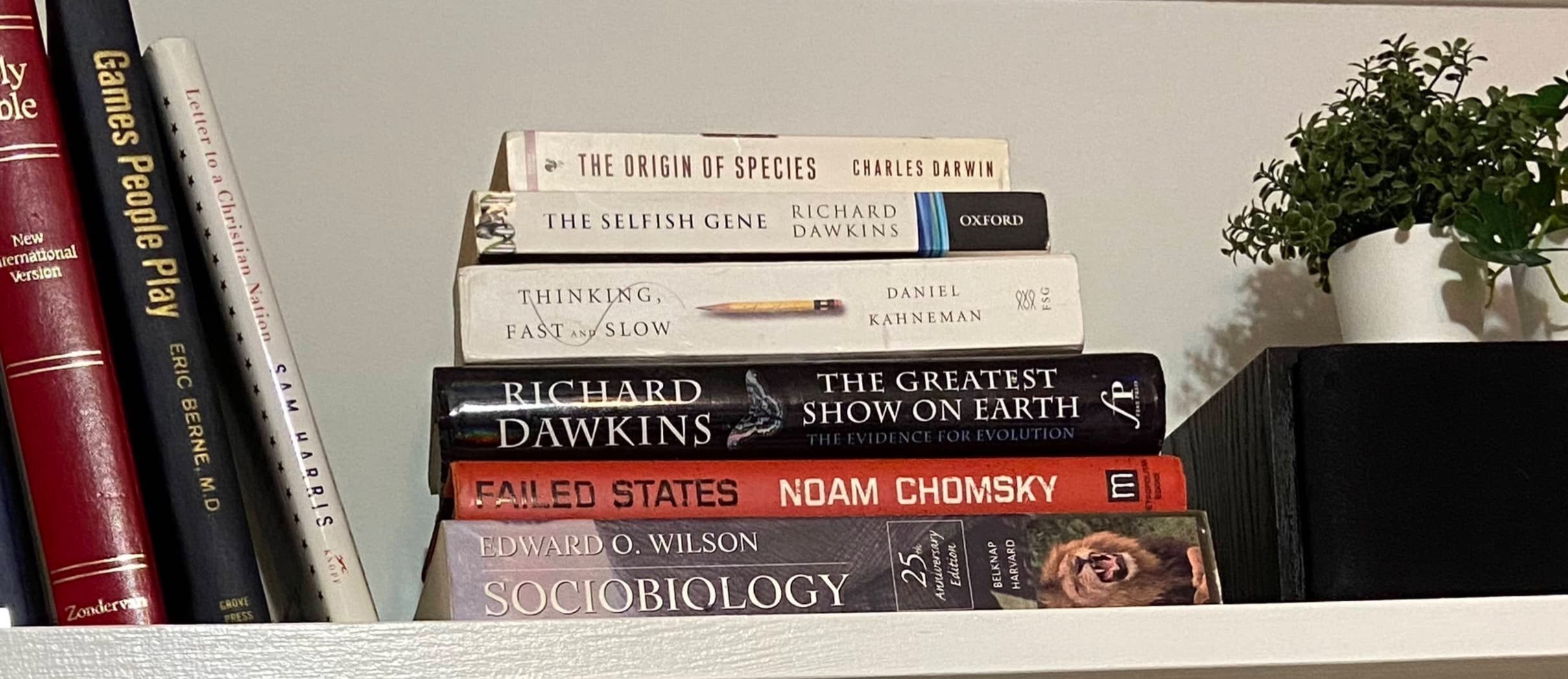
Intellectually gifted
Navigating the challenges of being gifted can be particularly challenging, especially in competitive environments like the workplace. It's difficult to openly discuss your differences without causing potential issues or judgments from others. Whether your IQ is lower or higher, people tend to let that information affect how they perceive and treat you.
It's unfortunate that highly intelligent individuals are frequently subjected to mistreatment due to perceived threats of others. This issue becomes even more complex for individuals on the autism spectrum, as our distinct social characteristics and inclination for independence can create a sense of distance. The absence of emotional warmth or connection often leads others to develop negative sentiments and view us as threats.
Cognitive scientists suggest that people tend to prefer those of similar intelligence, with slight variances being acceptable. However, if one's intelligence is too low or too high, they may face rejection from the group. Personally, I find myself experiencing both ends of the spectrum, excelling in areas most people around me struggle with, but struggling with things most people find easy. This creates an environment where my high intelligence can elicit negative emotions from others, leading them to highlight my shortcomings and attempt to diminish my overall intelligence in front of others.
During my early years, I consistently believed I was intellectually inferior to those around me, often struggling to understand their perspectives while feeling overwhelmed with questions. It wasn't until later that I realized these challenges stemmed from my keen ability to identify flaws in reasoning, my lack of confidence in my own thinking, and my tendency to perceive things on a deeper and more complex level. However, at the time, I simply perceived myself as unintelligent.
Even as I began to realize my true capabilities, I hesitated to fully embrace this view, fearing self-deception and experiencing guilt when considering the possibility of being smarter than others. In retrospect, I wish I had taken an IQ test earlier in life to understand my place within the population. It became apparent that certain aspects I attributed to being autistic were more related to differences in intelligence.
I highly recommend everyone to take an IQ test and familiarize themselves with the bell curve of intelligence, understanding where you fall within the population. However, it's important to keep these results private, as intelligence is a sensitive and judgmental topic. Consider your environment as well, as working with individuals of similar intelligence can greatly impact your experience compared to those in different intellectual settings.
While I don't have all the answers, I do understand the complexities of working with a unique brain. Allow me to assist you in navigating these challenges and finding strategies to thrive in your environment. Book a consultation with me today to begin your journey towards a more fulfilling professional experience.

